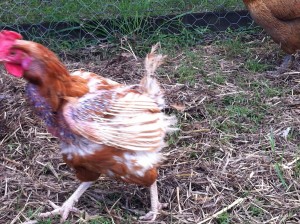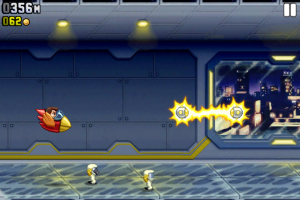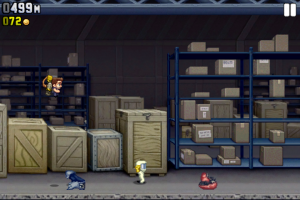I recently started at a new job. A new job title, responsibilities, office and work environment. Change. Training. Overload.
This job is my third “professional” job (I’m only counting jobs I had during or after uni as professional here) ever. And the new job is at a big company. The new firm I work with has been super supportive and helpful, but of course that doesn’t stop the requisite information overload and “culture” shock (very mild in this case).
As I often do on my blog, it’s time for a reflection. I thank the mundane commute I enjoy for the time to write these blog posts.
This new company is quite unlike anything I’ve worked with before. I’ve always worked in either small businesses or in small teams (when I worked for QUT). This firm is giant; the number of business offerings is extensive; the scope of my work is radically changed. These types of changes mean I have a lot to learn.
But the are three things I’ll takeaway as lessons from these first few days in my new job.
The first thing I’d call out as important is to find supportive people. This wasn’t hard at the new firm as there is a strong culture of support and the team coming together. I probably would have tried to meet for people in the earlier days to learn more and find additional points of support in my team. But that’s hard given people are often out with their clients. Such is life.
Another thing I found important was finding a way to process all the information that gets thrown on to you. Being a big company, there were a lot of processes and documents showered on me in the first few days on the job (although, this seems to still be the case as I keep learning). The thing that worked the best for me was talking through these things with the other grads and my buddy (another good initiative this firm has).
A final takeaway I’d bring up is that you should never be afraid to ask about anything. I’m fortunate to work for (and have worked for) companies with open, transparent cultures. Questions are welcome, and indeed prized, in these environments. Questions support dialogue and get things done. I know not everyone has the type of organisational culture to support this type of communication, but just one question can really go a long way.
So there are my worldly insights on business after 12 days on the job. I’ll say I am very happy with my job and look forward to learning a lot!
What tips and tricks did you find important in your first days and weeks at a new job?



